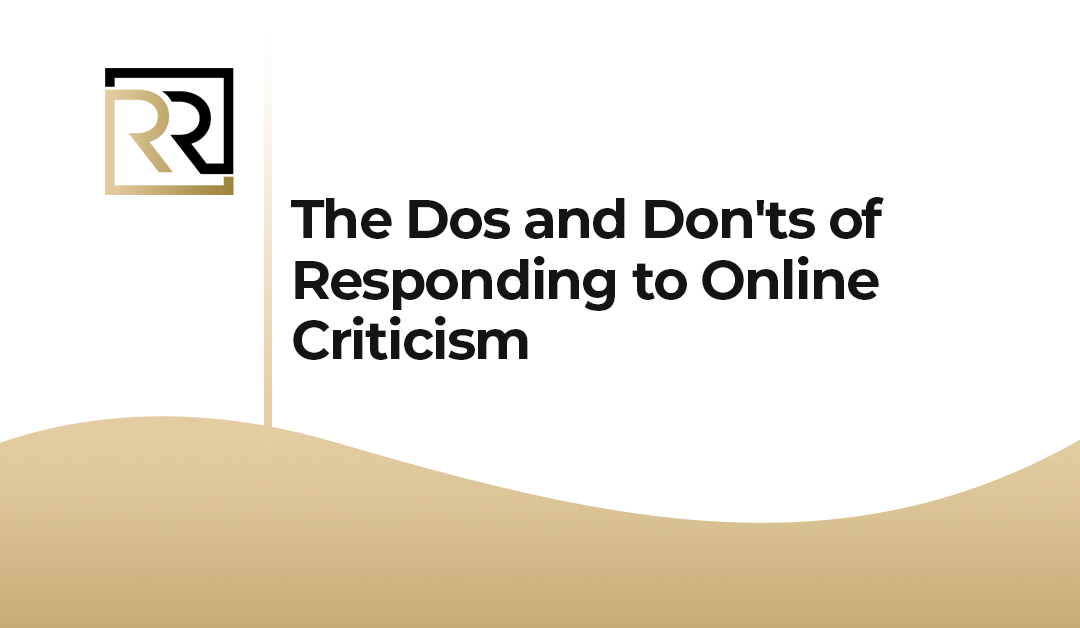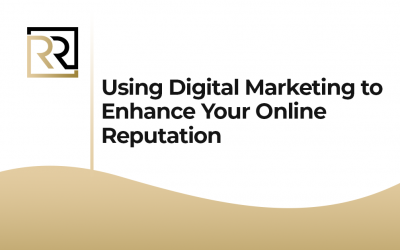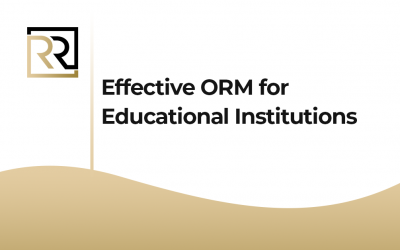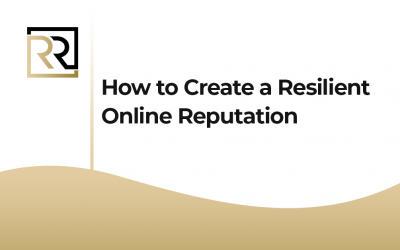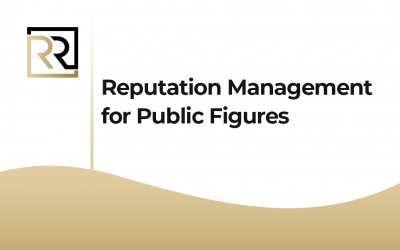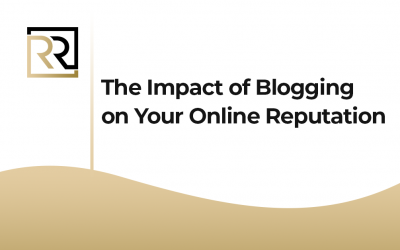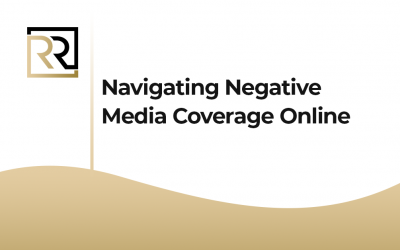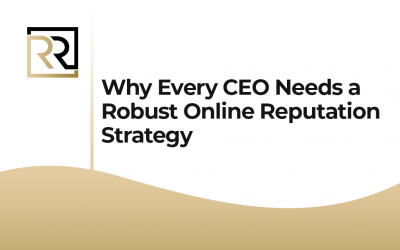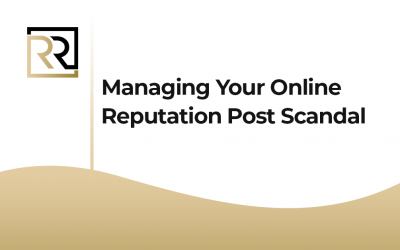The Dos and Don’ts of Responding to Online Criticism
Nowadays, online criticism is an inevitable aspect of maintaining an online presence, whether you’re an individual, a business, or a brand. However, how you respond to criticism can have a significant impact on your reputation and credibility. Furthermore, responding appropriately can help you address concerns, demonstrate accountability, and even turn negative situations into positive outcomes. Thus, in this guide, we’ll explore the dos and don’ts of responding to online criticism to help you navigate these challenging situations effectively. And ultimately craft a google reputation management strategy for you.
Mastering Online Reputation Management: The Dos and Don’ts of Responding to Online Criticism
Dos:
1. Do Respond Promptly
Firstly, when faced with online criticism, it’s essential to respond promptly. Thus, delayed responses can give the impression of indifference or neglect. Therefore, aim to address concerns and issues as soon as possible to show that you take feedback seriously and are committed to resolving any issues that arise.
2. Do Listen and Understand
Secondly, take the time to listen to the concerns expressed in the criticism and make an effort to understand the root cause of the issue. Further, empathize with the person offering the criticism and acknowledge their perspective. Overall, demonstrating empathy and understanding can help defuse tension and open the door to constructive dialogue.
3. Do Apologize if Necessary
Further, if the criticism is valid and you or your business has made a mistake, don’t hesitate to apologize sincerely. Thus, admitting fault and apologizing demonstrates humility and accountability, which can go a long way toward rebuilding trust and repairing damaged relationships.
4. Do Offer Solutions
Rather than just acknowledging the criticism, offer practical solutions or steps to address the issue. Thus, whether it’s resolving a customer service issue, fixing a product defect, or improving internal processes, demonstrating a commitment to finding solutions shows that you’re proactive and customer-focused.
5. Do Take the Conversation Offline
In some cases, it may be more appropriate to take the conversation offline to address the criticism privately. Therefore, offer to continue the discussion via email, phone, or direct message to resolve the issue in a more personalized and confidential manner. This approach can help prevent further escalation and maintain professionalism.
6. Do Maintain Professionalism
Regardless of the tone or nature of the criticism, always maintain a professional demeanor in your response. Therefore, avoid responding defensively or engaging in heated arguments. Instead, respond calmly, respectfully, and professionally, even if the criticism is unwarranted or unfair.
Don’ts:
1. Don’t Ignore or Delete Criticism
Ignoring or deleting criticism can backfire and worsen the situation. Essentially, it can give the impression that you’re dismissive of feedback or unwilling to address concerns. Therefore, instead of ignoring or deleting criticism, use it as an opportunity to engage constructively and demonstrate your commitment to customer satisfaction.
2. Don’t Take Criticism Personally
Indeed, it’s natural to feel defensive or upset when faced with criticism, but it’s essential not to take it personally. Therefore, remember that criticism is often directed at your actions or business practices, not your personal character. So, maintain perspective and focus on addressing the issue at hand in a constructive manner.
3. Don’t Engage in Arguments
Thus, engaging in arguments or heated debates with critics is counterproductive and can damage your reputation further. Also, avoid responding emotionally or defensively to criticism, and refrain from getting drawn into online conflicts. Instead, respond calmly and professionally, and focus on finding solutions to the underlying issues.
4. Don’t Make Excuses or Shift Blame
When responding to criticism, resist the temptation to make excuses or shift blame onto others. Instead, accept responsibility for any mistakes or shortcomings and focus on finding solutions. Moreover, making excuses or deflecting blame can erode trust and credibility, making it harder to resolve the issue effectively.
5. Don’t Violate Privacy or Confidentiality
Further, respect the privacy and confidentiality of individuals involved in the criticism, especially when responding publicly. Avoid disclosing sensitive information or sharing personal details without consent. Also, protecting privacy and confidentiality demonstrates professionalism and respect for others’ rights.
6. Don’t Respond with Automated Messages
Avoid responding to criticism with generic or automated messages that lack sincerity and authenticity. Alternatively, personalize your responses to address the specific concerns raised in the criticism and show that you’re genuinely engaged and attentive to feedback.
Conclusion: The Dos and Don’ts of Responding to Online Criticism
Further, effectively responding to online criticism requires tact, empathy, and a commitment to constructive dialogue. Thus, by following the dos and don’ts outlined in this guide, you can navigate online criticism or online shaming with confidence and professionalism. Remember to respond promptly, listen and understand, apologize if necessary, offer solutions, maintain professionalism, and avoid common pitfalls such as ignoring criticism or engaging in arguments. Besides, by handling criticism with grace and integrity, you can protect your reputation, build trust with your audience, and turn negative situations into opportunities for growth and improvement.
Services
Our Services
Search Engine Content Removal
Social Media Content Removal
Positive Content Creation
Online Reviews Optimization
Search Results Optimization
Learn
Our Blog
Using Digital Marketing to Enhance Your Online Reputation
Using Digital Marketing to Enhance Your Online Reputation In today's digital-centric world, where online presence is paramount, leveraging digital marketing to Enhance Your Online...
Effective ORM for Educational Institutions
Effective ORM for Educational Institutions Fundamentally, in today's digital age, where information is readily accessible and perceptions are shaped by online interactions, maintaining...
How to Create a Resilient Online Reputation
Resilient Online Reputation In today's digital era, where information travels at the speed of light and perceptions are shaped by online interactions, a resilient online reputation is more...
Reputation Management for Public Figures
Reputation Management for Public Figures For public figures, whether celebrities, politicians, or industry leaders, reputation management is not just a luxury but a necessity. Thus, in an age...
The Impact of Blogging on Your Online Reputation
Blogging and Your Online Reputation In the digital realm, where online presence holds significant weight, the impact of blogging and your online reputation cannot be overstated. Basically,...
Navigating Negative Media Coverage Online
Navigating Negative Media Coverage Online In today's digital age, negative media coverage online can spread rapidly across online platforms, potentially damaging the reputation of individuals...
Why Every CEO Needs a Robust Online Reputation Strategy
Why Every CEO Needs a Robust Online Reputation Strategy In today's digital age, robust online reputation strategy and online presence of CEOs has become increasingly influential in shaping...
The Link Between Online Reputation and Business Success
Online Reputation and Business Success Online Reputation and Business Success go hand in hand. In today's digital era, where information flows freely and consumer choices are influenced by online...
Managing Your Online Reputation Post Scandal
Managing Your Online Reputation Post Scandal: Effective Strategies In today's fast-paced digital age, a business's reputation can be its most valuable asset, as important as Managing Your...


